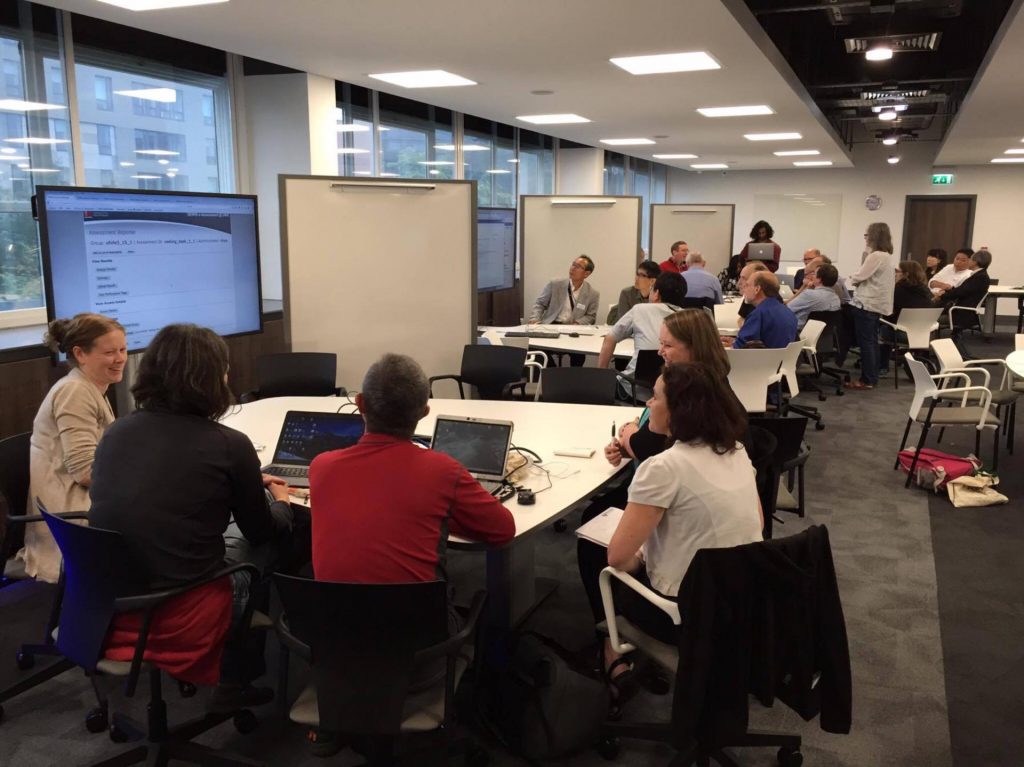- Recommend appropriate speakers to us by contacting any of the session organisers, or at eams@ncl.ac.uk
- Forward our call for proposals to colleagues or potential speakers, with the message that we are looking for a diverse programme of speakers.
- Suggest ways that the conference experience can be more welcoming and inclusive.
- Share your ideas and best practices with us.
May 2018 Learning and Teaching Newsletter
Advance HE continuing to support the HEA Fellowship network
As you’ll probably have seen in the press Advance HE is the new agency formed from the merger of the Equality Challenge Unit, the Higher Education Academy and the Leadership Foundation for Higher Education.
However your Fellowship post-nominals to demonstrate Fellowship status: AFHEA, FHEA, SFHEA, PFHEA will stay the same. If you’re just going through the process of applying for fellowship, it too is not changing and our accreditation for programmes is continuing.
New or innovative approaches to Learning and Teaching
The ULTSEC Innovation fund provides a fantastic opportunity for you to propose and develop projects with real benefit to learning. Continue reading “May 2018 Learning and Teaching Newsletter”
The Digital Scholar Webinar
By Laura Delgaty, Senior Lecturer and Chair of NUTELA
Martin Weller, Professor of Educational Technology at the Open University gave us an excellent update on the digital scholar during a webinar held on 30 April 2018.
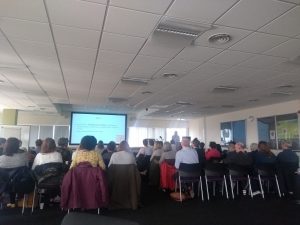
Using Boyer’s model of scholarship as a framework, he explained that digital scholarship increases student recruitment, engagement and research impact. By addressing scholarship and increasing open resources, we are able to attract different and larger audiences and this in itself can be a valuable research tool and method. He reviewed some valuable opportunities and threats and highlighted the value of digital scholarship for early career researchers, academics and encouraged collaboration for both staff and students.
Overall, fantastic presentation and great questions. You can find the recording here
Find out more information about NUTELA
Student research success at the British Conference of Undergraduate Research
Thirteen Newcastle University undergraduate students brilliantly represented all three faculties and their own research at this year’s British Conference of Undergraduate Research (BCUR).
This annual event is going from strength to strength with over 250 presentations and 180 posters over two days at this year’s host institution, the University of Sheffield.
Recognising that this was a fantastic opportunity for students to demonstrate their learning and develop key employability skills, Professor Suzanne Cholerton (Pro-Vice-Chancellor, Learning and Teaching) sponsored eleven students to attend. An extra two students successfully applied for funding from their Schools, so Newcastle was very well represented.
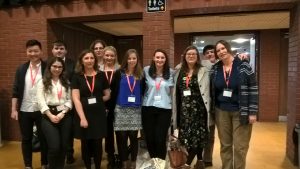
Continue reading “Student research success at the British Conference of Undergraduate Research”
Using neuroscience research to influence teaching: Could ‘spaced learning’ work in higher education?
By Dr Paul Hubbard, Teaching Fellow, School of Medical Education

Neuroeducation is an emerging educational discipline where a neuroscientific understanding of how the brain learns is used to drive forward current teaching methods or to develop new and innovative methods of teaching and learning. Whilst neuroeducation does not claim to be a complete solution, it is hoped that an increasing knowledge of the biology behind the process of forming memories in the brain will make teaching methods more efficient.
As this is an interesting topic area for me I decided to submit an abstract to the 2018 learning and teaching conference with the aim to raise the idea of ‘neuroeducation’ and to start a discussion as to whether techniques based on the science of learning could be used in higher education to advance teaching.
Success for NUTELA Small Grants Fund applicants
Sonia Bussey and Dr Jo Matthan are the first successful recipients of the NUTELA Small Grants Fund. The fund was set up this academic year with the aim of helping colleagues explore and embed technology-enhanced practices into their learning and teaching.
Sonia will be using the funds to support her submission to the Three Rivers Conference where she will be delivering a ‘show and tell’ session to introduce delegates to Adobe Connect web-conferencing software as an innovative platform to support student learning at distance.
Joanna is going to be attending the International Conference AMEE to present the results of The Darkside of Technology Enhanced Learning in Medical Education.
“I am delighted to be one of the first applicants to receive a NUTELA small grant. It will allow me to explore technology-enhanced practices utilised elsewhere, disseminate some of the experiences we have gleaned from our project to a wider audience and help evaluate practices that I hope will enhance the overall student experience. The grant is an important statement to those of us on the shop-floor and, on a very practical level, illustrates that Newcastle University values even the small-scale projects we do to promote innovation in technology-enhanced learning and to evaluate the real implications of these innovations for staff and students.”
Dr Jo Matthan, School of Medical Education Continue reading “Success for NUTELA Small Grants Fund applicants”
Conference blog: Dr Cindy Lee, Newcastle University in Singapore
Written by Dr Cindy Lee, Assistant Professor and Director of Excellence in Learning and Teaching, Newcastle University in Singapore
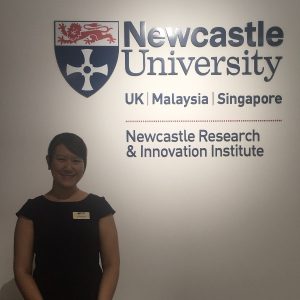
Welcomed by a drizzle of snow upon my arrival at Newcastle airport, I must say that attending the learning and teaching conference has been a great experience for me. This has been made possible by the travel bursaries provided this year for participants from Singapore and Malaysia. Presenting in the session on “How might a research intensive environment add value to the education of all students at all stages” broadened my horizon on how to enhance the research-informed learning environment for students. Continue reading “Conference blog: Dr Cindy Lee, Newcastle University in Singapore”
Conference blog: Dr Hassan Karali, Newcastle University Medicine Malaysia
Written by Hassan Karali Senior Clinical Lecturer in NUMED, Fellow of UKHEA Consultant in Obs& Gyn, Lead of EJR Women’s Health programme
Newcastle Learning and Teaching conference was a remarkable event. We had glamorous reception and warm welcoming in the cold weather those days.
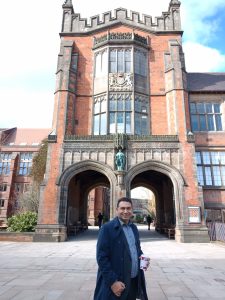
Continue reading “Conference blog: Dr Hassan Karali, Newcastle University Medicine Malaysia”
NUTELA award winners
Newcastle University Technology Enhanced Learning Advocates (NUTELA) were busy in advance of this year’s Learning and Teaching Conference, reviewing all submissions relating to Technology Enhanced Learning.
Student engagement, transferability to other areas and innovation were all key in the decisions of the group.
Three fantastic winners were selected, each winning funds to further develop or disseminate their project.
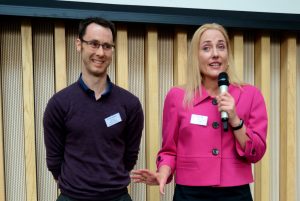
NUHRI Challenge Labs 2018 Call now open
Newcastle University Humanities Research Institute (NUHRI) invites students to propose an interdisciplinary research challenge
for summer 2018.
The Challenge Labs scheme is:
- open to all current Newcastle University students (undergraduate or postgraduate);
- designed to support interdisciplinary approaches to humanities-related research challenges;
- funding projects up to £3k (incl. student bursaries) over a three-week period in summer vacation 2018.

